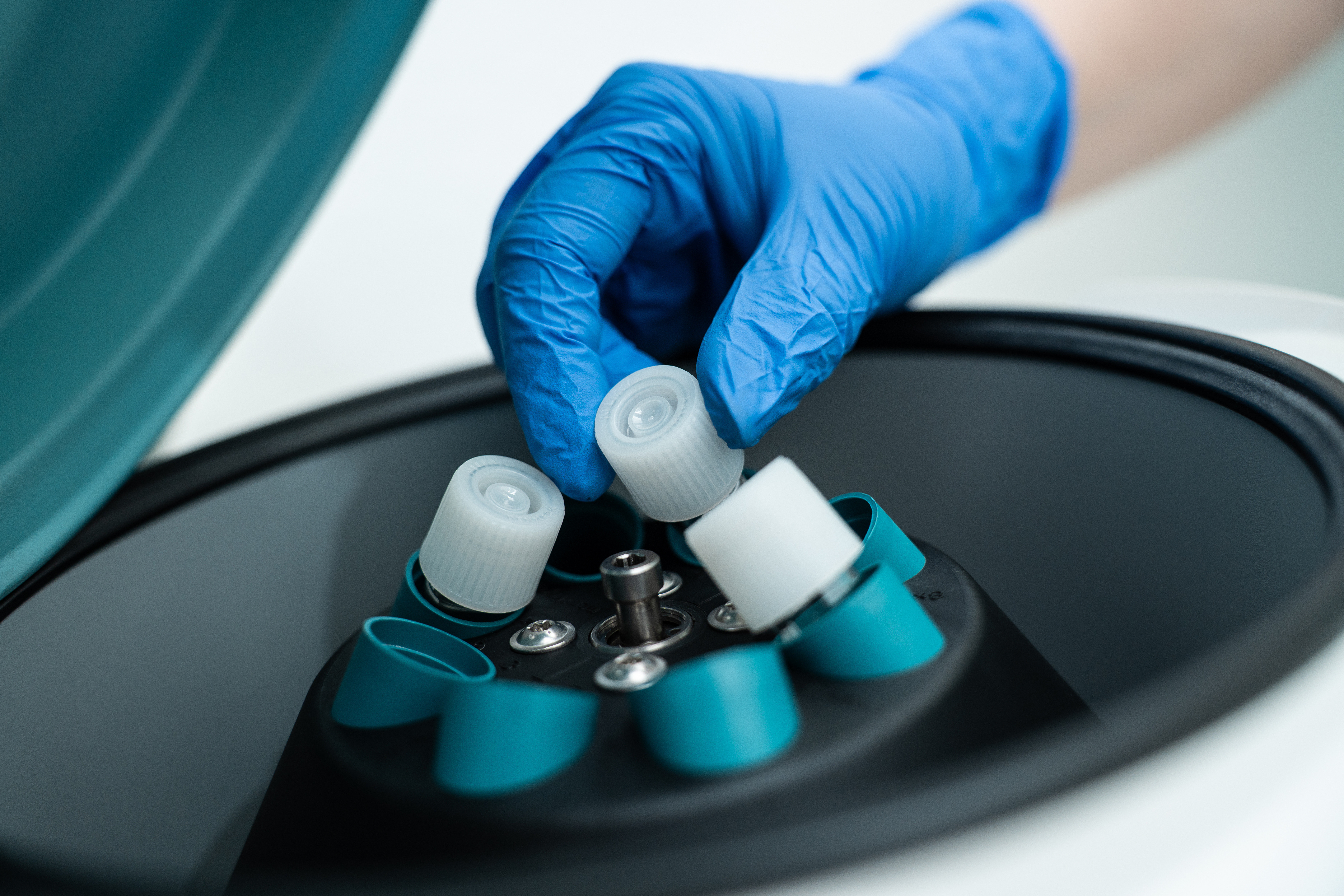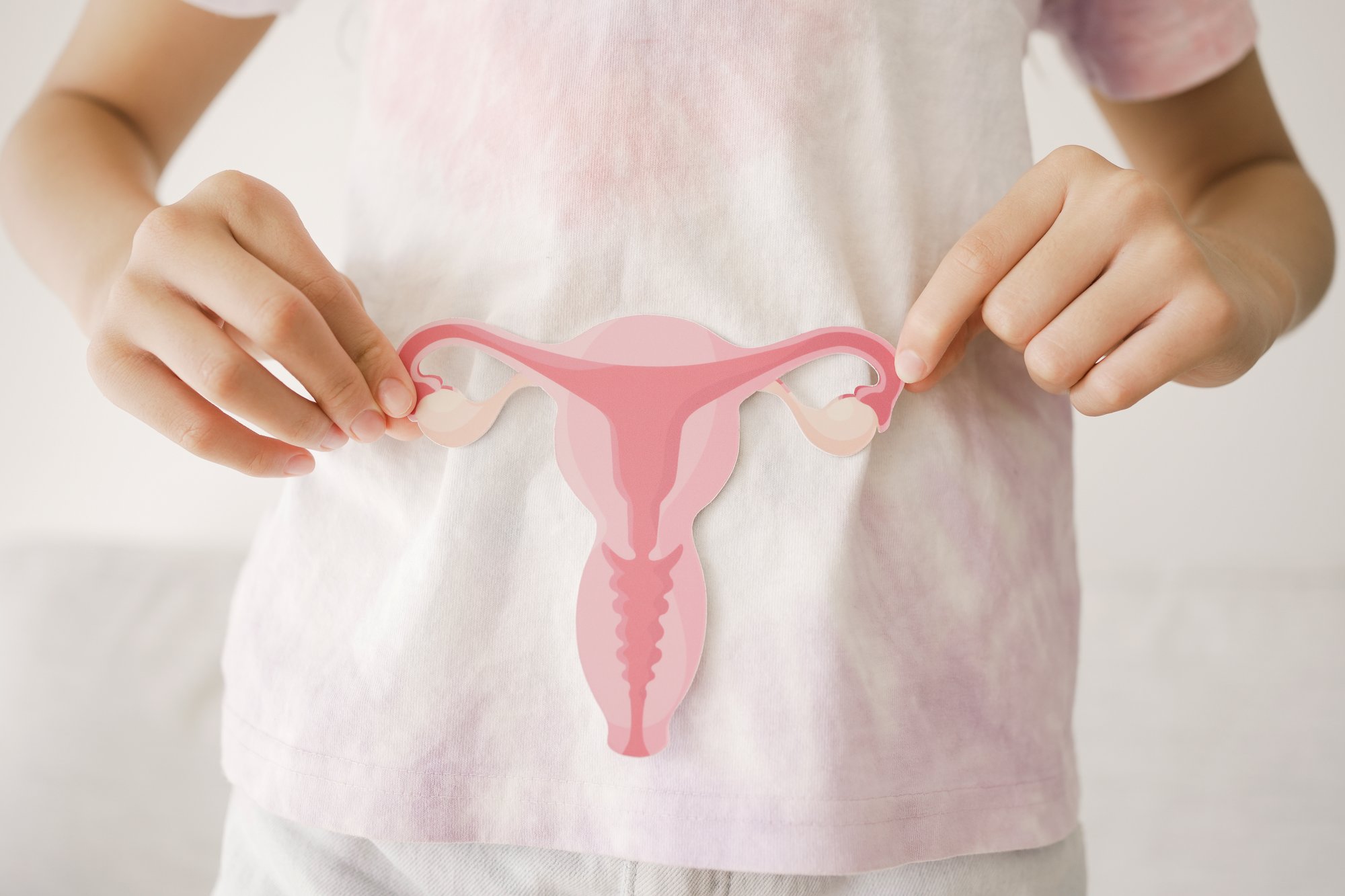Fertility testing
Our fertility tests offer personalised insights, early detection of potential issues, and expert guidance to empower you on your journey to parenthood.
Our fertility testing options
We offer four distinct fertility checks tailored to your specific needs and goals:
1. Female fertility test (AMH)
What it includes:
- Initial consultation with fertility specialist
- Anti-Müllerian Hormone (AMH) blood test: This key marker provides insights into your ovarian reserve and potential to conceive.
- Baseline ultrasound scan: Evaluate your ovarian reserve and the overall health of your reproductive organs.
- Personalised consultation: Discuss your results and receive expert guidance on your next steps.
Who it is suitable for:
- Women not currently trying to conceive who want to understand their fertility potential.
Why it is important:
- AMH levels can help predict how well your ovaries will respond to fertility treatments.
- Understanding your ovarian reserve can inform decisions about timing conception or pursuing fertility preservation options.
Timeline
2. Comprehensive female fertility test
What it includes:
- Personalised consultation: Discuss your medical history and parenthood plans with a specialist.
- Hormone blood tests: Assess a range of fertility-related hormones, including:
-
Anti-Müllerian Hormone (AMH)
-
Follicle-Stimulating Hormone (FSH)
-
Luteinizing Hormone (LH)
-
Estradiol
-
Prolactin
-
Thyroid function and vitamin D levels.
-
- Ultrasound scan: Evaluate your ovarian reserve and the overall health of your reproductive organs.
- Follow-up consultation: Review your results in detail and receive personalised recommendations.
Who it is suitable for:
- Women actively trying to conceive.
- Women having trouble conceiving.
- Women considering egg freezing for future family planning.
- Women seeking a comprehensive assessment of their fertility health.
Why it is important:
- Gain a deeper understanding of your fertility health, including ovarian function, egg quality, and hormonal balance.
- Identify potential fertility issues early on and explore treatment options if needed.
- Receive personalised guidance and support throughout your fertility journey.
Timeline
Results from the tests are available after 7 days. The total process will take less than 30 days.
3. Fertility testing for couples
What it includes:
- Initial consultation (in-person or remote): Discuss your medical histories, concerns, and goals as a couple.
- Female fertility assessment: Hormone blood tests and ultrasound scan.
- Male fertility assessment: Semen analysis.
- Follow-up consultation: Review your results together and receive personalized recommendations.
Who it is suitable for:
- Couples actively trying to conceive.
- Couples having trouble conceiving.
- Couples seeking a comprehensive assessment of their combined fertility health.
- Couples considering an embryo freezing cycle.
Why it is important:
- Identify potential fertility issues in either partner early on.
- Explore treatment options that address both partners' needs.
- Receive guidance and support tailored to your unique situation as a couple.
Timeline
Results from the tests are available after 7 days. The total process will take less then 30 days.
4. Male fertility test
What it includes:
- Semen analysis: Assess sperm count, motility, morphology, and other key factors.
- Analysis report: A member of the lab team will call to discuss the results on the same day. Afterwards, a report will be sent by email
- Further investigations: If it is beneficial, we may recommend additional tests.
Who it is suitable for:
- Men experiencing fertility issues
- Men seeking a proactive assessment of their fertility health.
Why it is important:
- Identify potential male fertility factors early on.
- Explore treatment options or lifestyle changes to improve sperm health.
- Gain peace of mind and make informed decisions about family planning.
Timeline:
Receive semen analysis results same day.
Female fertility testing
Male fertility testing
Why choose us?
Expert fertility specialists:

Personalised approach:

State-of-the-art technology:

Supportive environment:


Expertise that reassures
What is a fertility test?
How does fertility testing work?
What are the most common fertility tests?
The most common fertility tests include:
- Blood tests for hormones like FSH, LH and AMH
- Ultrasound scans of the reproductive organs
- Semen analysis for men
- Hysterosalpingo Contrast Sonography (HyCoSy) to check fallopian tube patency
- Ovarian reserve testing
When should I consider fertility testing?
You should consider fertility testing if you've been trying to conceive for more than 4 months without success. Testing may also be recommended earlier if you have irregular periods, you have been using contraception for a long period, a history of pelvic surgery, or other risk factors.
How much do fertility tests cost?
The cost of fertility tests will vary depending on the specific tests required, starting at £175 for a semen analysis to £650 for a standard couples check-up. Additional testing or recommended specialised procedures may increase costs.
For a full list of fertility testing prices with Harley Street Fertility Clinic, please refer to our pricelist page.
How long does fertility testing take?
The duration of fertility testing can vary. Some tests, like blood draws or ultrasounds, may only take a few minutes. However, the entire process of fertility testing, should be completed within 4 – 6 weeks, depending on a woman’s cycle and the availability of the individuals being tested.
What time of the month should I take a fertility test?
The timing of fertility tests can be important, especially for hormone tests. Some tests, like FSH and LH, are typically done on days 2-5 of your menstrual cycle. Please consult the doctor if you have an irregular cycle.
How do I prepare for a fertility test?
Preparation for fertility tests may include:
- Tracking your menstrual cycle
- Abstaining from sexual activity for a specified period before semen analysis
- Avoiding certain medications or supplements as advised by your doctor
- Staying hydrated before blood tests
Can you eat before a fertility test?
How long to abstain before fertility test?
For semen analysis, men are typically advised to abstain from ejaculation for 2-4 days before the test, and no more than 5 days. This ensures an accurate assessment of sperm count and quality.
What age can you get a fertility test?
How does age affect fertility testing and results?
How effective is fertility treatment?
The effectiveness of fertility treatments varies depending on the cause of infertility, the type of treatment, and the age of the patients. As a national average, IVF success rates can range from 20% to 35% per cycle for women under 35, but decrease with age.
At Harley Street Fertility Clinic, our success rates are above 45% for live births at any age, through IVF with PGT-A (pre-implantation genetic testing for aneuploidy).
How accurate are fertility tests?
Are there any risks associated with fertility testing?
Most fertility tests are low-risk procedures. Blood tests and ultrasounds are generally safe. Some tests, like HyCoSy, are somewhat invasive but generally safe. Your doctor will discuss any potential risks associated with specific tests.

Testimonials
“I cannot express enough gratitude for the exceptional care and support we received at Harley Street Fertility Clinic under the guidance of Dr. Venkat. From the moment we walked through the doors, we were met with warmth and professionalism from the entire team.
Thanks to Dr. Venkat and her team, we felt supported every step of the way, and we are now overjoyed to be expecting our first child.
If you are looking for a fertility clinic that combines cutting-edge technology with heartfelt care, I highly recommend Harley Street Fertility Clinic and Dr. Venkat. They truly go above and beyond to make dreams come true.”
Darsan Trivedi

“We conceived our second IVF baby - our daughter through HSFC and the entire experience was brilliant!
I recommend Dr Venkat and HSFC any day. I have gone through a failed cycle with another private clinic and honestly the compassion and care I have seen in Dr Venkat’s eyes, I have not seen in any other fertility Drs I have come across until now.
Thanks Dr Geetha Venkat and Mr Suvir Venkat for helping us to bring Devi Veda in this world. We are ever so grateful.”
Radha Devani

“I am very happy with HSFC having suffered 5 early miscarriages and being told by a previous fertility clinic I would never have my own child. Dr Venkat told me I would have my own baby and she fulfilled her promise.
I am now pregnant with a baby girl all my dream have come true! I am happy with the care I received from all the staff at HSFC, from the very beginning when my eggs were collected all the testing I had, and when the embryo was put back in was very good. I was blood tested all the time to keep an eye on my blood levels for different things.
Dr Venkat found I had egg/ embryo issues, elevated killer cells, thyroid issues and with the emma, Alice and era I found out that I needed the embryo put in a different day than originally thought. HSFC has changed my life I can’t thankyou them enough!”
Rebecca Sadler

Take control of your fertility journey
Don't wait to take the first step towards understanding your fertility health. Book a consultation with our experienced specialists today and empower yourself with the knowledge and options needed to make your dream of starting or growing your family a reality.

